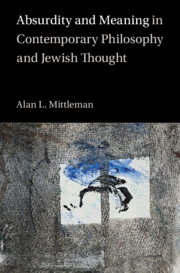Just war theory appears ever more alienated from the practice it ostensibly regulates, warfare. An increasingly abstract and esoteric discourse, it can seem very remote from the mud-and-blood actualities of warfare. This is reflective of a broader disconnect between the study of, on the one hand, the ethics of war, and, on the other, the lived experience of war. Seeking to address this problem, this article asks: How can we recentre just war thinking as a ‘lived’ theory? It proposes that we can reconnect just war theory to the lived experience of warfare by restoring its historical dialogue with existentialism. It develops this position by reading just war theory through the prism of Albert Camus's writings on political violence. It concludes that Camus's political thoughts provides a set of signposts for the development of a mode of just war theorising that places that the lived experience of warfare at the heart of our ethical thinking about war.


